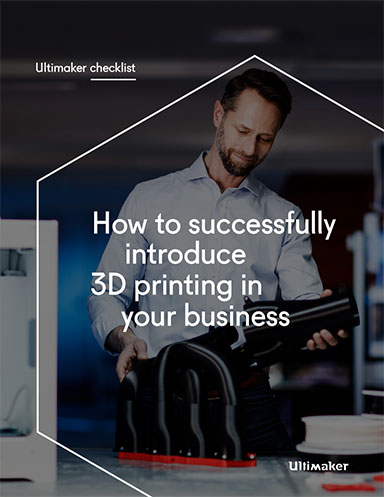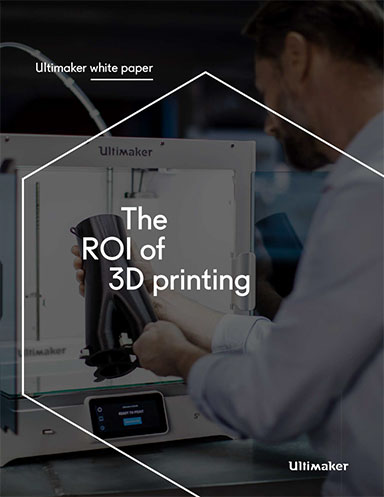DSM and Twikit Offer End-to-End 3D Printing Solutions
Companies collaborate on new 3D printed applications in the automotive, healthcare and footwear industries.
Latest News
November 1, 2019
Royal DSM, a global science-based company in Nutrition, Health and Sustainable Living, and Twikit, a Belgian 3D software and application development company, have announced a new partnership. Their collaboration is a further extension of DSM’s ongoing commitment to build a 3D printing ecosystem, aimed at driving innovation in additive manufacturing and encouraging its adoption across industries, the companies report.
Together, the two companies will co-develop new 3D printed solutions for medical, automotive and apparel applications. DSM and Twikit are currently working on an end-to-end production workflow for 3D printed orthotics and prosthetics, showcasing additive manufacturing's customizability.
Combining DSM’s materials and market reach with Twikit’s experience in software development and application development will facilitate improvements in advanced manufacturing techniques, the companies report. The partnership between the two companies will lead to new customizability and made-to-measure turnkey solutions across various industries.
DSM and Twikit will explore new applications in the automotive, healthcare, and footwear industries. Twikit’s morphing algorithm will further enable and improve the design of made-to-measure products.
The automotive industry gains from personalized dashboards, light covers and car seats. Aside from delivering customizability, additive manufacturing facilitates weight reduction and increased vehicle safety. Other advantages of 3D printing include spare parts on demand, low volume production, and a more efficient production process, the companies note.
The healthcare industry should also benefit from a digital transformation, i.e. performance-enhanced medical solutions provided by precise, made-to-measure applications based on detailed scans of the human body.
And, 3D printed and made-to-measure mid insoles will enable major advances in customizable footwear.
“Our partnership with Twikit allows us to make significant advances in key sectors that stand to benefit from the wider-scale adoption of additive manufacturing,” says Hugo da Silva, VP Additive Manufacturing DSM. “In healthcare, for example, 3D printed, made-to-measure prosthetics and orthotics will positively impact people’s lives across the globe.”
“Reinforcing our 3D printing ecosystem with experienced partners like Twikit enables us to offer customers not just materials, but also expertise and insights to translate market needs into total 3D printed solutions,” da Silva says. “By providing end-to-end solutions, we are able to accelerate the adoption of additive manufacturing at scale.”
One specific market Twikit and DSM are focusing on is the prosthetics and orthotics industry. Despite the advantages of advanced additive manufacturing techniques in customizability and production efficiency, their adoption by prosthetics and orthotics manufacturers is still limited.
By integrating DSM’s certified materials with Twikit’s software, the resulting 3D printing turnkey solution provides patients with faster care. Patients stand to benefit from a higher level of comfort and faster healing thanks to made-to-measure 3D printed medical solutions. The companies are also working together with printer OEMs, to give prosthetics and orthotics manufacturers a turnkey solution and access to the 3D printing value chain.
The aim is to market Twikit’s made-to-measure software solution “TwikFit” and develop tested and verified product templates. The jointly developed and integrated applications by DSM and Twikit will be unveiled to the public at Formnext 2019 in Frankfurt.
“Prosthetics and orthotics are an excellent example of the digital transformation and the enhanced customizability enabled by 3D printing,” says Martijn Joris, CEO & co-founder of Twikit. “Our work in other sectors, such as the apparel and automotive industries, has already demonstrated that additive manufacturing can generate high value for OEMs through individualization. With the partnership, we will accelerate growth and innovation across the 3D printing value chain.”
Sources: Press materials received from the company and additional information gleaned from the company’s website.
Subscribe to our FREE magazine, FREE email newsletters or both!
Latest News
About the Author
DE’s editors contribute news and new product announcements to Digital Engineering.
Press releases may be sent to them via [email protected].






